History is full of Black heroes who changed the world in ways that benefitted all of us. We’ve all learned about people like Dr. King, Sojourner Truth, and George Washington Carver, but there are so many others that left a mark on the world that have been neglected in most history classes.
Each of these women broke through stereotypes and flew past the limitations society had placed on them because of their gender and race, and we’re all better off because of their perseverance and diligence.
1. Phyllis Wheatley
(1753 – 1784)
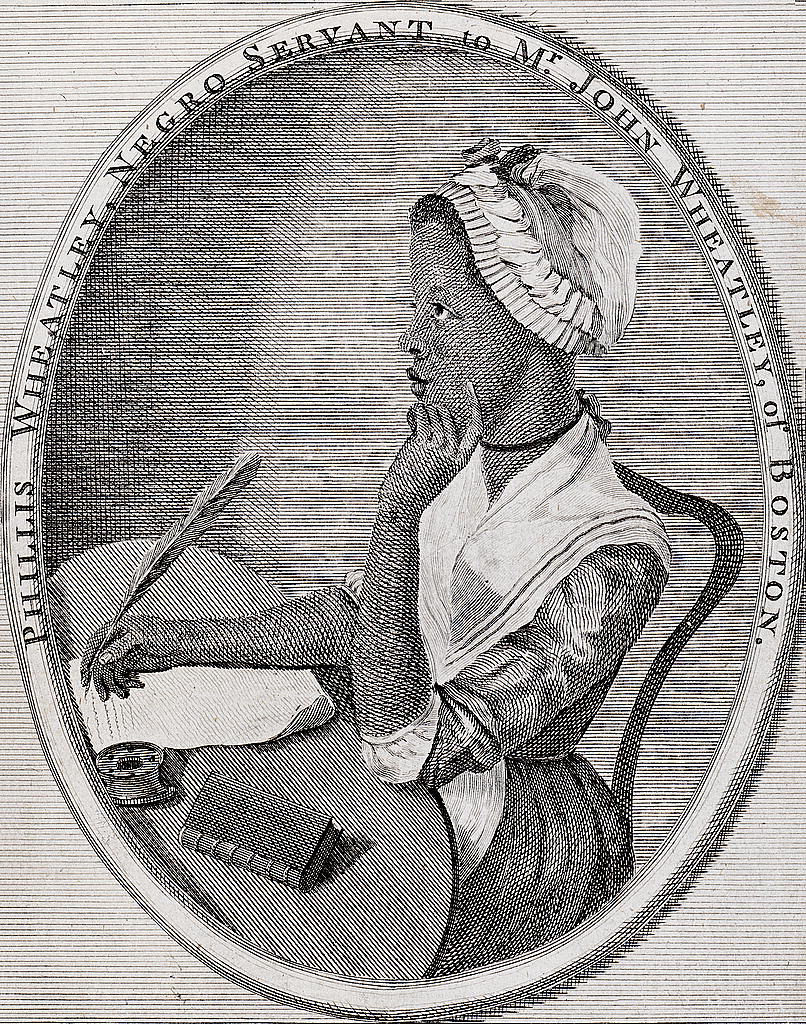 Phyllis Wheatley was born free in Africa. When she was about 7 years old, she was captured and sent to Boston, purchased by a prominent family. She was enslaved for the rest of her life. Even so, she learned to read and write, becoming one of the most famous poets in her day. George Washington was a big fan, and she travelled to London with its future mayor and Ben Franklin.
Phyllis Wheatley was born free in Africa. When she was about 7 years old, she was captured and sent to Boston, purchased by a prominent family. She was enslaved for the rest of her life. Even so, she learned to read and write, becoming one of the most famous poets in her day. George Washington was a big fan, and she travelled to London with its future mayor and Ben Franklin.
Her poetry covered many subjects, but one of her most famous is the one she wrote as an elegy to George Whitefield, ironically an evangelist that was a defender of chattel slavery. She wrote much about her faith and race as well. One of my favorites is On Being Brought from Africa to America:
‘Twas mercy brought me from my Pagan land,
Taught my benighted soul to understand
That there’s a God, that there’s a Saviour too:
Once I redemption neither sought nor knew.
Some view our sable race with scornful eye,
“Their colour is a diabolic die.”
Remember, Christians, Negros, black as Cain,
May be refin’d, and join th’ angelic train.
2. Jarena Lee
(1783 – 1864)
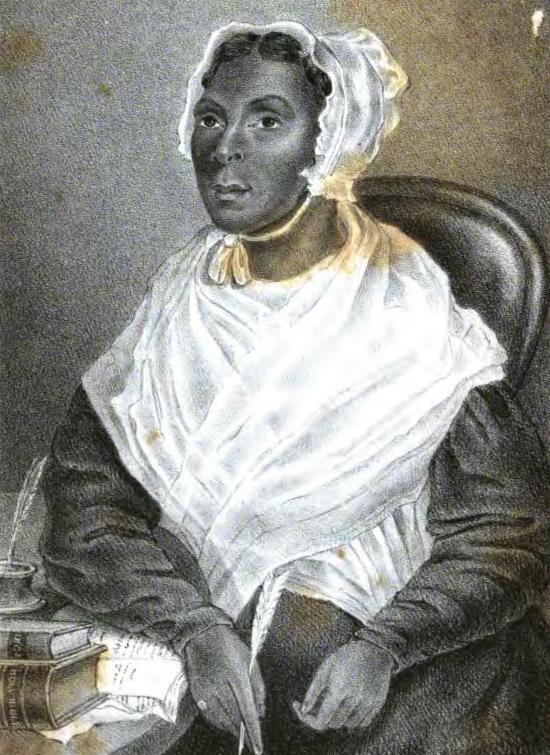 Jarena Lee was born free in New Jersey, though she worked as a servant from an early age 60 miles away from her family – so she didn’t see them much. Lee believed in her own sinful nature before anyone taught her about it or before she knew the solution to it. When she was 20 years old, she attended a local Episcopalian church hoping to find an answer for her soul’s misery, but the segregated church made it clear to her that peace and hope lay elsewhere.
Jarena Lee was born free in New Jersey, though she worked as a servant from an early age 60 miles away from her family – so she didn’t see them much. Lee believed in her own sinful nature before anyone taught her about it or before she knew the solution to it. When she was 20 years old, she attended a local Episcopalian church hoping to find an answer for her soul’s misery, but the segregated church made it clear to her that peace and hope lay elsewhere.
She found an AME church and within weeks was interrupting the sermon by exclaiming, “God, for Christ’s sake, had pardoned the sins of my soul.”
Jarena Lee went on to become the first Woman pastor in the AME church. She travelled, by foot, all over North America preaching the Gospel everywhere she went. She preached for 20 years and became a major part of the Second Great Awakening. In her autobiography she wrote about the time she heard a voice telling her to preach the Gospel:
“Go preach the Gospel!” I immediately replied aloud, “No one will believe me.” Again I listened, and again the same voice seemed to say—“Preach the Gospel; I will put words in your mouth, and will turn your enemies to become your friends.”
3. Betsey Stockton
(1798 – 1865)
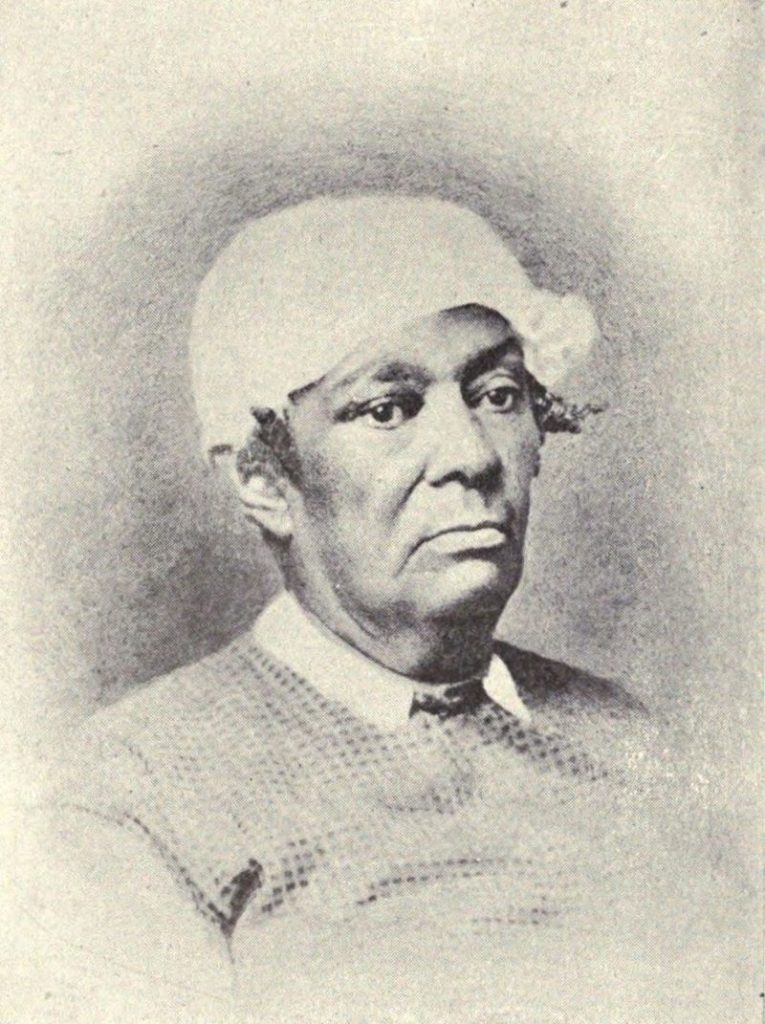 Betsey Stockton had a series of unlikely events, rooted in the evil of slavery, that gave her incredible opportunities. She was a wedding gift from her master to his daughter. She happened to be marrying the president of Princeton University, and he couldn’t help but notice how bright and intelligent his new slave was. He helped educate her and freed her upon her conversion to Christianity. He was also an advocate as she pursued her calling as a missionary.
Betsey Stockton had a series of unlikely events, rooted in the evil of slavery, that gave her incredible opportunities. She was a wedding gift from her master to his daughter. She happened to be marrying the president of Princeton University, and he couldn’t help but notice how bright and intelligent his new slave was. He helped educate her and freed her upon her conversion to Christianity. He was also an advocate as she pursued her calling as a missionary.
Stockton was the first American single woman to travel overseas as a missionary. She spent several years in Hawaii teaching them about Jesus. Once she returned to America, she helped found the First Presbyterian Church of Color at Princeton. She was also an educator for Black people through Princeton. Stockton broke many barriers and left a lasting impact in Hawaii and New Jersey as an emissary for Jesus.
She kept a journal about her time in Hawaii, and it’s full of her thoughts about and struggles with faith. Yet, no matter how despondent she was feeling, she found her rest in God.
I always knew that the human heart was a sink of sin, and that mine was filled with it; but I did not know, until now, that the sink was without a bottom…He is still my Father and my God—and I still love him—Yes, my balm is still in Gilead, and my physician there.
4. Amanda Berry Smith
(1837 – 1915)
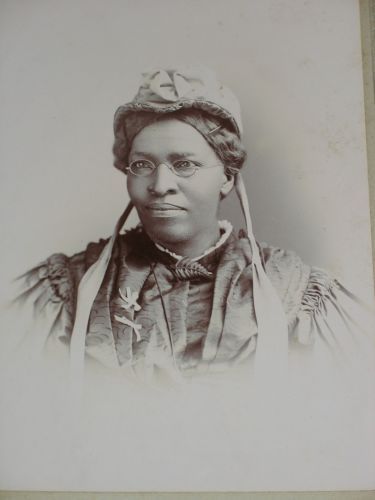 Amanda Berry Smith was born a slave in Maryland, and became a Christian after having a dream when she was 20 years old. Her first husband joined the Union Army and never came home afterwards, though it’s not certain what happened. Amanda married again in 1865 with the hopes of becoming a minister’s wife, but he never reached that goal.
Amanda Berry Smith was born a slave in Maryland, and became a Christian after having a dream when she was 20 years old. Her first husband joined the Union Army and never came home afterwards, though it’s not certain what happened. Amanda married again in 1865 with the hopes of becoming a minister’s wife, but he never reached that goal.
When her second husband died in 1869, Amanda started singing and preaching at camp meetings and gained a reputation for being talented at both. She began traveling the world to preach the Gospel, going to India, England, and Liberia. She returned to America after nearly twenty years and opened an orphanage for Black children in Illinois. She left a lasting impact on each of the communities she lived with.
When she thought about the dangerous journeys to Africa and India, Smith said,
To stay here and disobey God – I can’t afford to take the consequence. I would rather go and obey God than to stay here and know that I disobeyed.
5. Mary McLeod Bethune
(1875-1955)
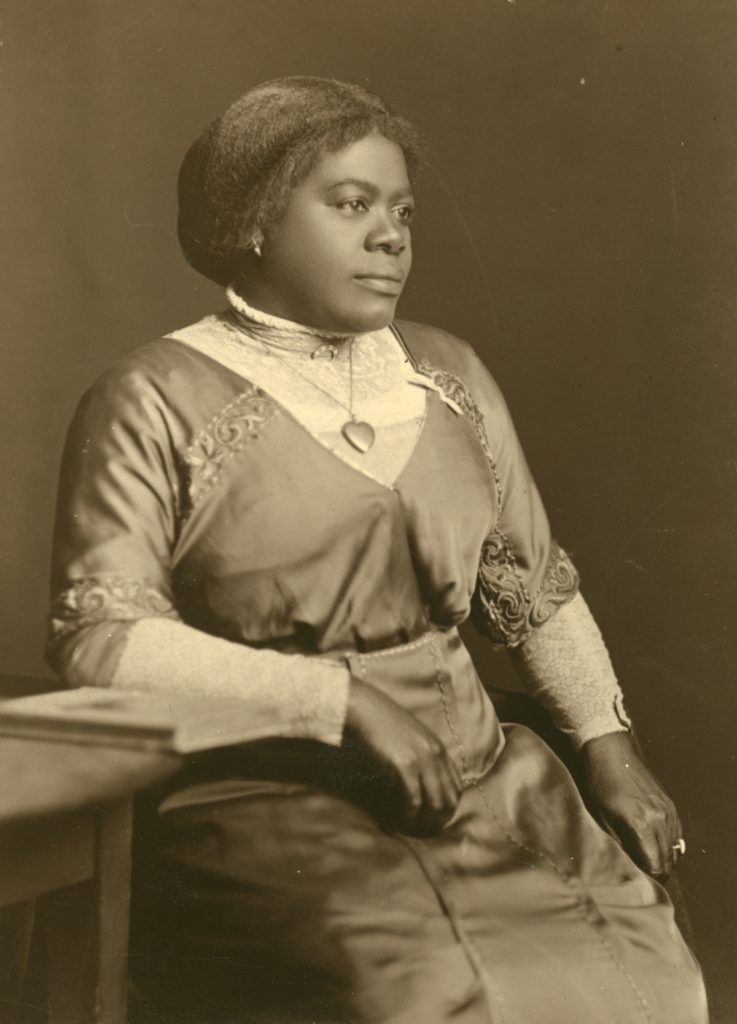
There’s not much that Mary McLeod Bethune didn’t do. She was born free, but was a sharecropper as a child. It’s said she could pick 250 pounds of a cotton each day by 9 years old. Pleasant attended Moody’s Missionary School, but she couldn’t find any churches to sponsor her as a missionary because she was Black. So she became an educator instead, and helped provide better opportunities for those that came after her.
She founded a boarding school for Black girls in 1904 which eventually became Bethune college. Bethune was also very active politically, even becoming close friends with Eleanor Roosevelt. She also served as the vice-president of the NAACP for 15 years. Bethune died before she could see the way her efforts would change America in the 60’s, but her impact cannot be denied.
When she thought about the opportunities denied her, and how she wanted to make sure others had better fates, she reflected:
I plunged into the job of creating something from nothing…Though I hadn’t a penny left, I considered cash money as the smallest part of my resources. I had faith in a living God, faith in myself, and a desire to serve.
3 Ways to Raise Your Race IQ
- How to Love Your Country Without Going Too Far - March 7, 2021
- 3 Ways to Raise Your Race IQ - February 17, 2021
- 5 Black Heroes That History Forgot - February 11, 2021

Very informative! These women had great courage way back then; and their courage came from the Lord! Thanks for posting this; God bless Way nation!🙏♥️🙏